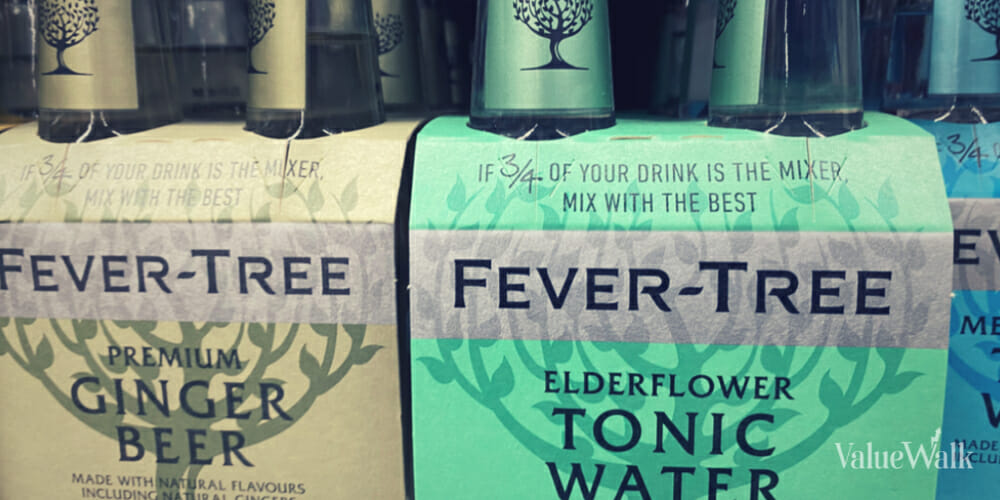Fevertree Drinks PLC (LON:FEVR)’s full-year revenues grew 11% to £344.3m. Double-digit growth in the US, Europe and the Rest of World more than offset a 2% decline in the group’s core UK market, which still accounts for around a third of total revenues.
Underlying cash profits (EBITDA) fell 37% to £39.7m, as margins fell from 20.2% to 11.6%. This reflects inflationary headwinds, especially the impact of higher energy costs and continued investment in the business for growth.
Q4 2022 hedge fund letters, conferences and more
Free cash flow fell from £43.2m to £3.9m, mainly due to the lower cash profits this year and an increase in US inventory levels to ensure the group can meet growing demand in this market. Net cash also fell from £166.2m to £95.3m.
The group “remain confident of delivering strong growth” this year and have reiterated full-year revenue guidance of £390-405m, which represents 13-18% expected growth. Full-year EBITDA is expected to be in the range of £36-£42m.
A final dividend of 10.68p per share has been announced, an increase of 2%.
The shares rose 7.8% following the announcement.
Fevertree's Earnings
Aarin Chiekrie, equity analyst at Hargreaves Lansdown:
“Fevertree’s results were as mixed as the drinks it sells. Revenues bubbled up this year thanks to strong performances across the US and Europe, but explosive UK growth seems to be over.
It turns out that there is a limit to how much premium tonic you can sell and Fevertree appears to be approaching it, as revenue declined 2% in its core UK market. To continue the growing, successful international expansion will be key, particularly in the US and Europe.
But unfortunately, Fevertree was unable to convert these bumper revenues into higher profits. Energy prices are a big input cost in making glass bottles. And when 80% of your sales are bottled in glass, any fluctuation in energy prices is bound to have a material impact on your costs.
These elevated energy costs are eating into profitability, and this problem is expected to persist throughout 2023. That’s making the current valuation hard for us to stomach, despite the growth prospects in the US. We’d like to see concrete signs that overseas expansion is boosting the bottom line to help justify the mammoth valuation.”













